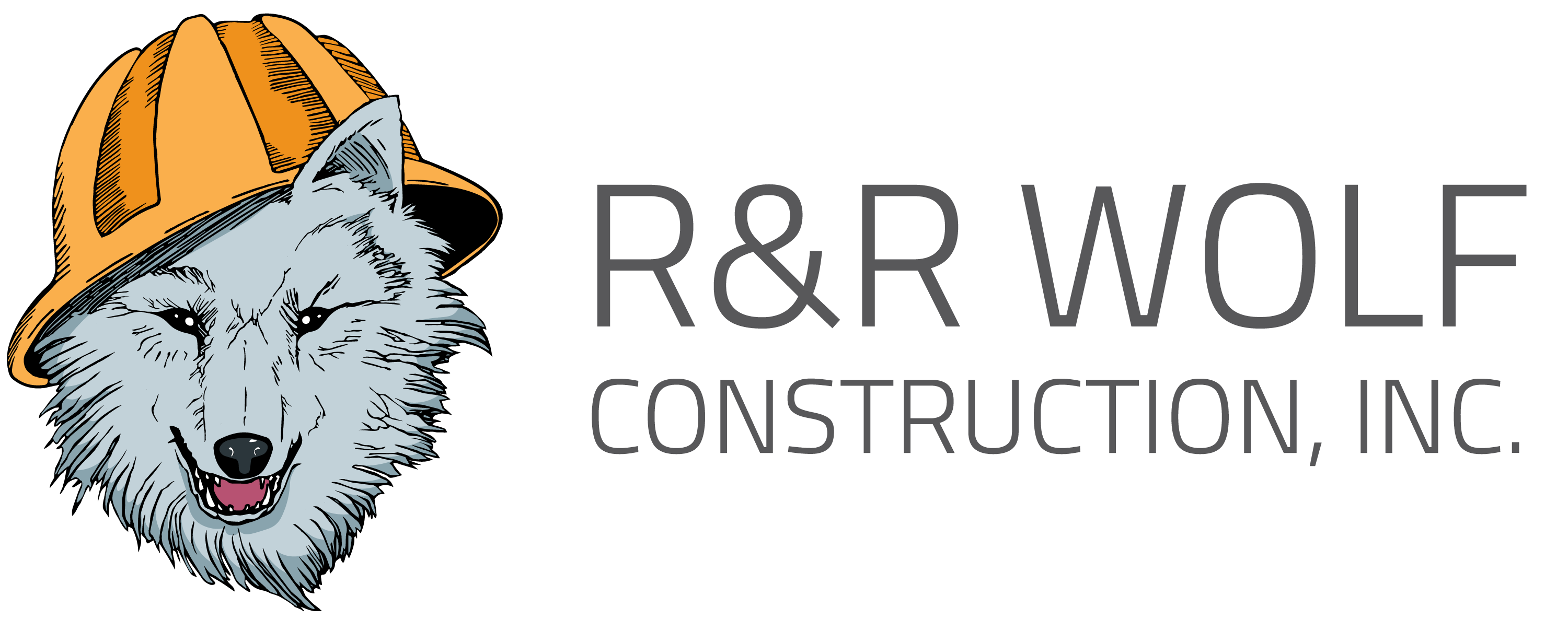In today’s construction industry, effective risk management is key to successful project completion. At R&R Wolf Construction, we know that identifying and reducing potential risks is essential for safety, meeting deadlines, and staying on budget. This blog explores the importance of risk management in construction, common construction risks, and strategies to mitigate these risks.
The Importance of Risk Management
Risk management in construction is crucial. It involves identifying, analyzing, and responding to potential risks that could negatively impact a project. Effective construction risk management helps in mitigating delays and cost overruns, ensuring safety and compliance, and maximizing project success. Improve your construction project management by prioritizing risk management strategies:
- Minimizing Uncertainty: By anticipating potential issues, project managers can prepare and plan accordingly.
- Enhancing Safety: Identifying safety hazards and implementing measures to prevent accidents.
- Ensuring Compliance: Adhering to industry regulations and standards to avoid legal issues.
- Cost Control: Preventing budget overruns by anticipating and managing financial risks.
- Timely Completion: Reducing the likelihood of delays by addressing potential disruptions.
Common Risks in Construction
Construction projects are intricate and multifaceted, often involving a variety of stakeholders, materials, and external factors. To help you navigate these complexities, here are some common construction project risks to watch out for:
-
- Safety Hazards: The construction site can pose various safety risks, including falls, equipment accidents, and exposure to harmful substances.
- Financial Risks: Budget overruns, unexpected costs, and cash flow issues can jeopardize a project’s financial stability.
- Project Delays: Delays can result from weather conditions, supply chain disruptions, or unforeseen site conditions.
- Quality Risks: Poor workmanship, substandard materials, or inadequate oversight can compromise the quality of the project.
- Regulatory Risks: Non-compliance with local building codes, environmental regulations, and labor laws can lead to legal complications.
Strategies to Mitigate Construction Risks
Reducing risks effectively needs a proactive approach and detailed planning. Here are some top risk management strategies for success:
-
- Conduct a Thorough Risk Assessment: Begin each project with a comprehensive risk assessment. Identify potential risks, evaluate their impact, and prioritize them based on their likelihood and severity.
- Implement Safety Protocols: Establish strict safety protocols and ensure all workers are trained and equipped with the necessary safety gear. Regularly conduct safety audits and drills.
- Financial Planning and Contingency Funds: Develop a detailed budget and include contingency funds to cover unexpected costs. Monitor expenses closely to stay within budget.
- Robust Project Scheduling: Create a realistic project schedule with built-in buffers for potential delays. Use project management software to track progress and make adjustments as needed.
- Quality Control Measures: Implement rigorous quality control measures at every stage of construction. Conduct regular inspections and ensure that all materials and workmanship meet industry standards.
- Stay Informed About Regulations: Keep abreast of local building codes, environmental regulations, and labor laws. Work with legal advisors to ensure compliance and avoid potential legal issues.
- Effective Communication: Maintain open lines of communication with all stakeholders. Regular updates and meetings can help identify and address potential issues early on.
At R&R Wolf Construction, we prioritize proactive risk management for successful construction projects. By identifying potential risks early and implementing effective mitigation strategies, we ensure the safety, quality, and on-time completion of our projects. Contact us today to learn more about our commitment to excellence and how we can help make your construction project a success.

